Elopak launches Pure-Pak® eSense
Good to know
Highest renewable content*
Lighter*
Reduced emissionen*
Easier recycling
Lowest plastic content*
Only PE-based polyolefin
Based on internal, third party-reviewed cradle-to-gate calculations from the Dynamic Elopak Environmental Performance Tool (DEEP), version 11, 2021.
First products on shelf
They dare to be different being the first to offer Elopak´s alu-free aseptic packaging to their customers. García Carrión is utilizing the Pure‑Pak® eSense carton for a newly launched Private Label plant-based Barista drink that will soon be found in stores all across the UK.

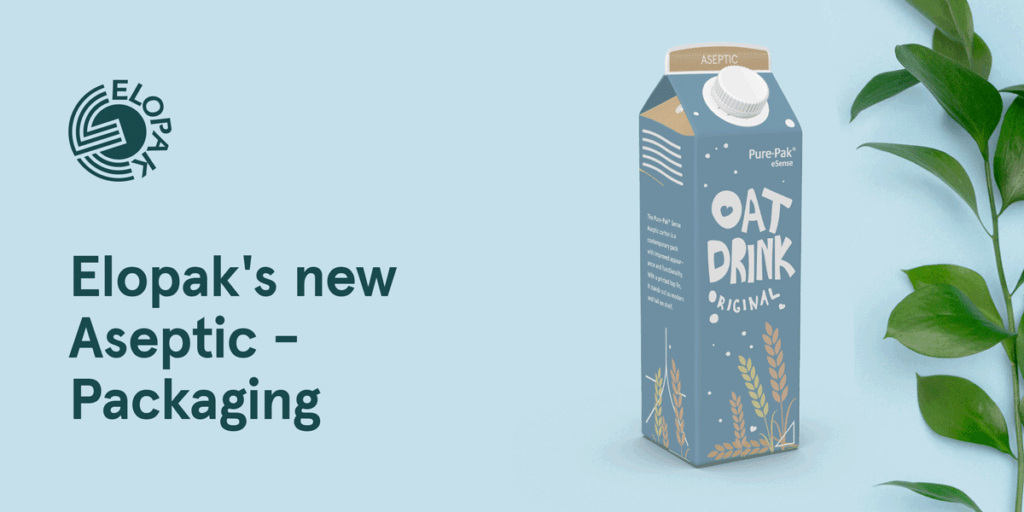
A wide range of options:
1.5l, 1.75l and 2l as well as US sizes will be introduced at a later stage.
Don't miss out on any news and stay up to date with our newsletter. Subscribe here:
New on the shelf
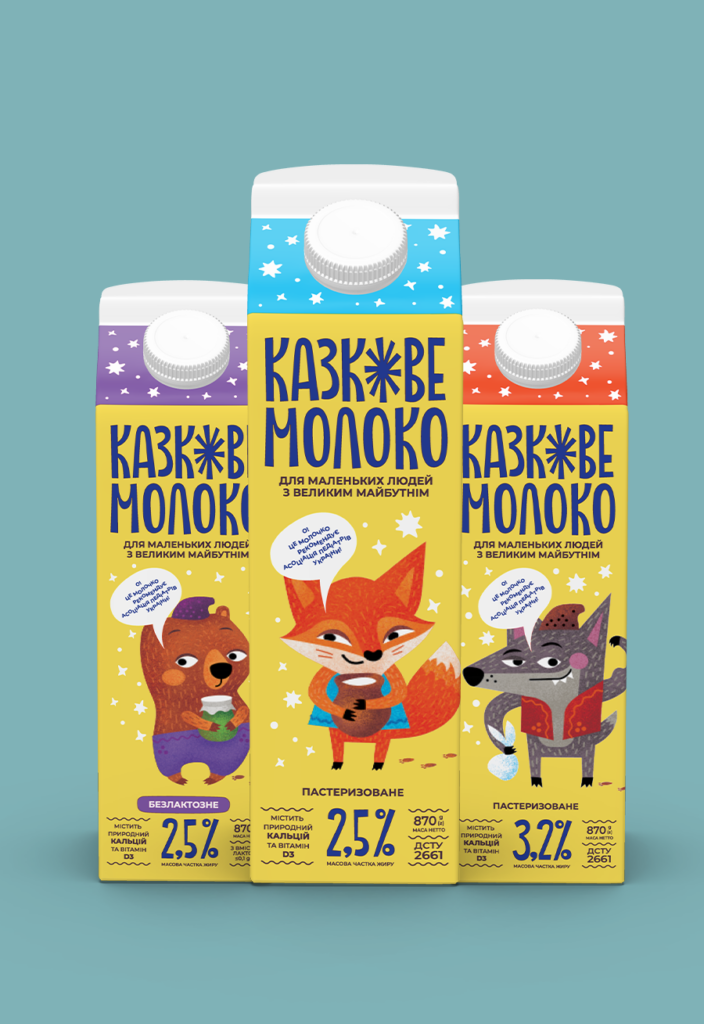
Molokia, Ukraine
Ukrainian manufacturer Ternopil Dairy has updated the designs of its fairytale milk for the Molokia brand with new characters. Wolf, bear, fox, hedgehog, stork and rabbit are now the stars of the packaging. There is also a lactose-free milk. The products are recommended by the Association of Paediatricians of Ukraine.
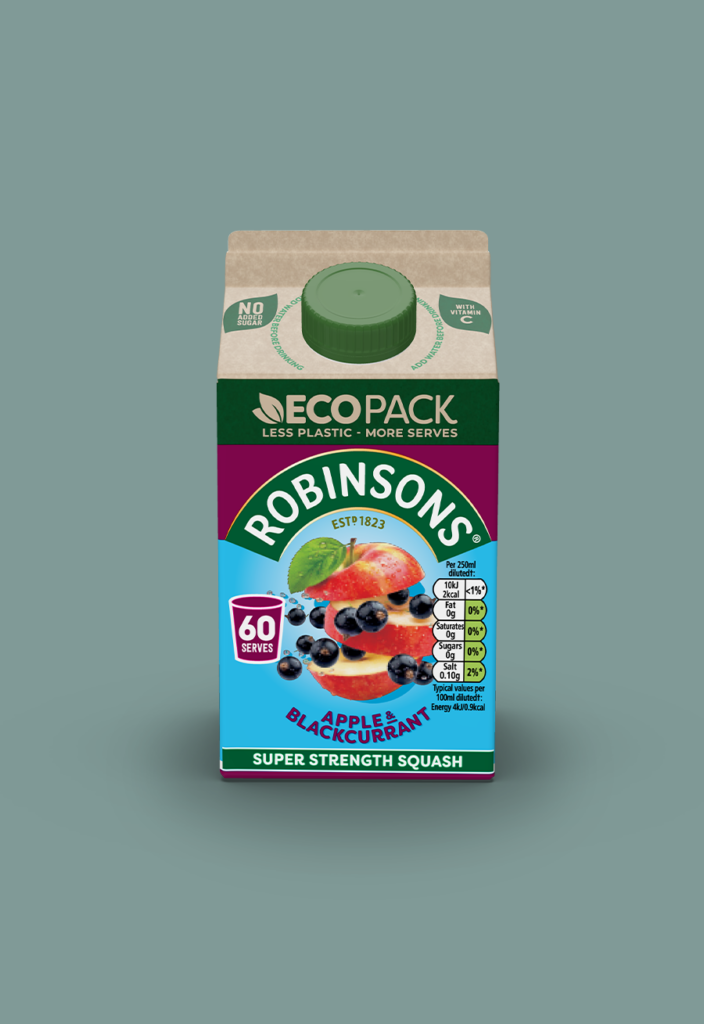
Robinsons, UK
“Less plastic – more serves” – Britvic launched super strength concentrated squash for the Robinsons brand using the 500ml Pure-Pak Classic carton. The result. 60 serves per 500ml and 85% less plastic per serve.
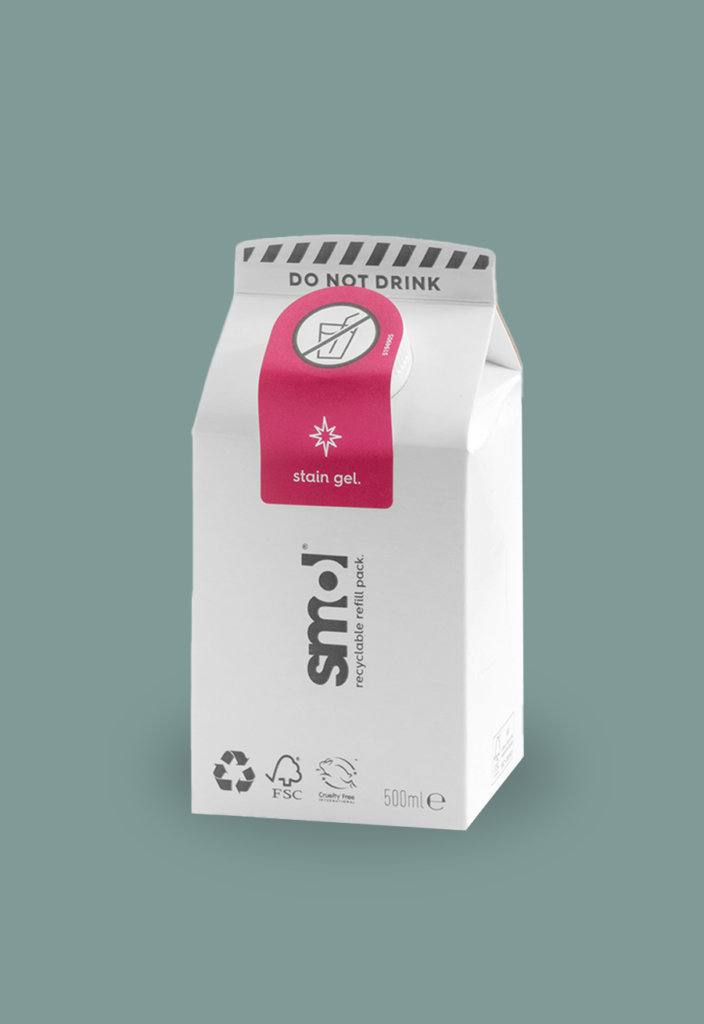
smol, UK
smol’s refill carton range continues to grow. Following dishwashing liquid and fabric softener, stain remover has now also been available in practical cartons since the start of 2024. The original bottle for applying and dispensing the liquids is made from 100% recycled plastic.
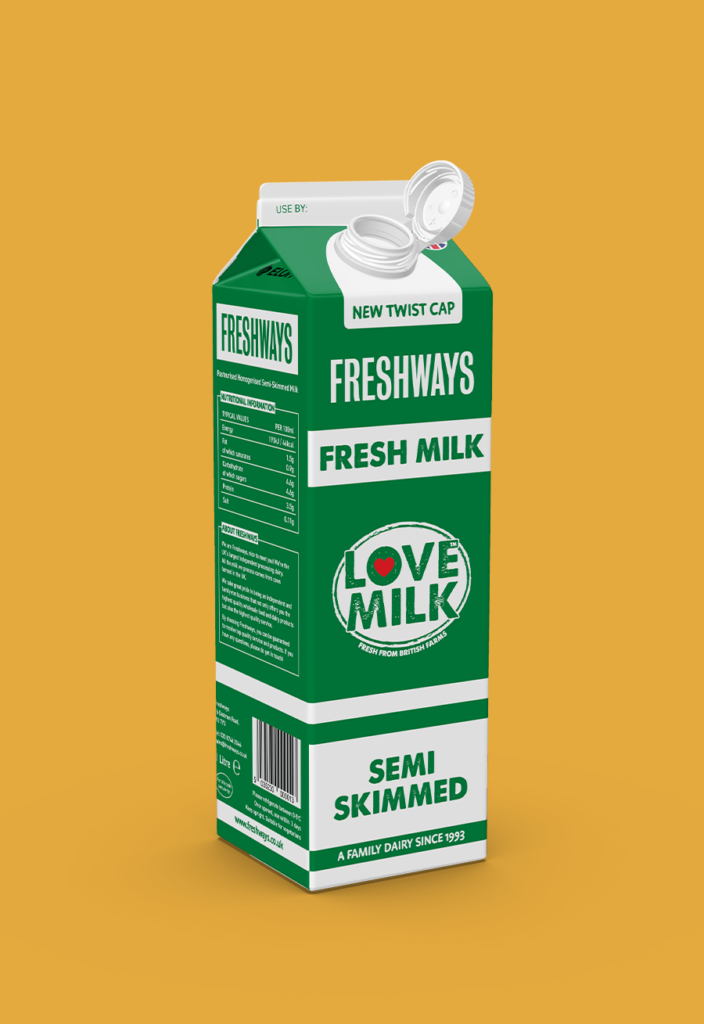
LoveMilk, UK
In response to growing consumer concern about plastic waste, the UK’s largest independent dairy launched cartons with tethered caps for its fresh milk products in the food service sector. This will significantly reduce the amount of plastic used in Freshway’s packaging.